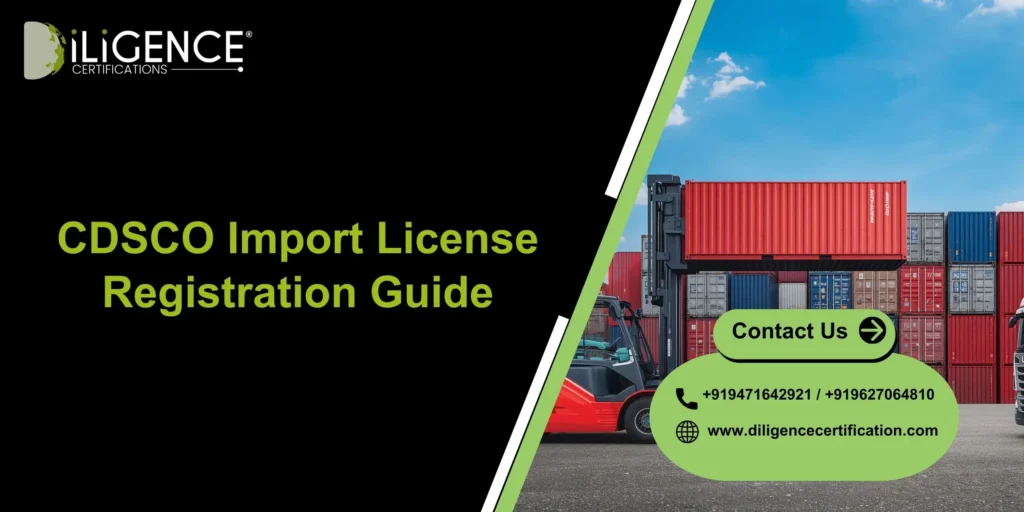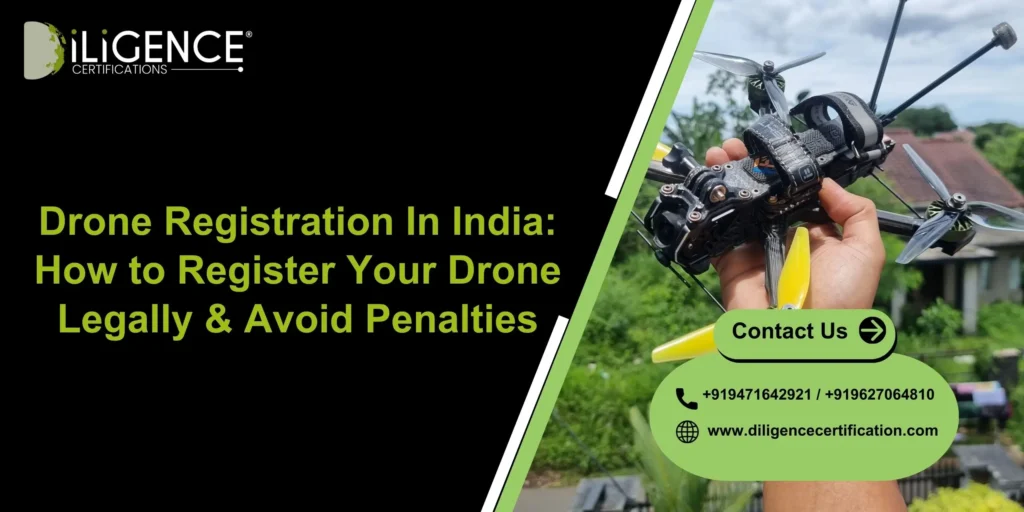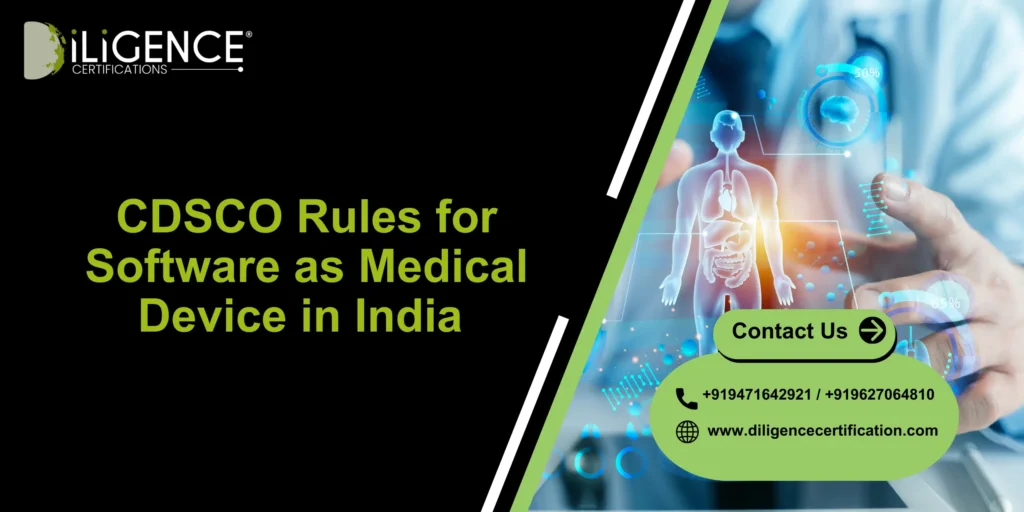- BIS certification for solar panels is a must . It’s part of the Compulsory Registration Scheme (CRS) run by the Bureau of Indian Standards (BIS).
- This certification checks if solar panels are safe, work well, and last long before they can be sold in India.
- It keeps consumers safe by checking product quality, reliability, and how well they work in India’s weather.
- The BIS CRS certification makes sure products meet standards like IS 14286:2010 for solar panels.
- Both local and foreign makers must get a BIS license to sell solar panels
- Importers can’t get a BIS license themselves. But they can help foreign makers get certified for solar panels in India.
Introduction
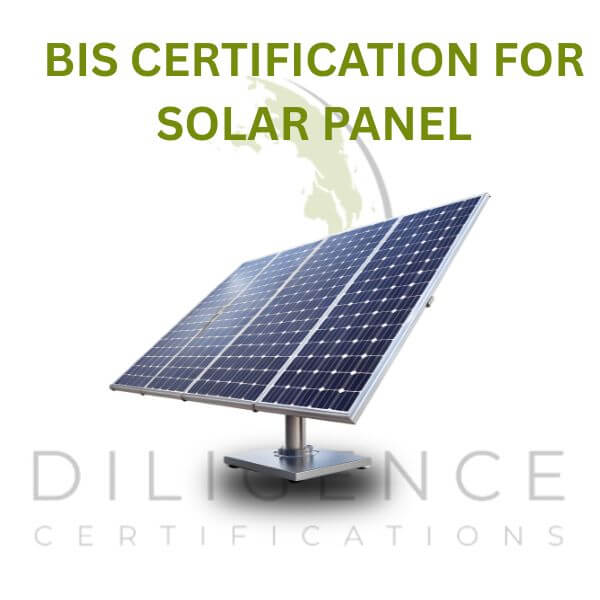
Solar panels turn sunlight into electricity or heat. They’re arranged in a grid pattern. The Ministry of New & Renewable Energy (MNRE) started the Approved List of Modules & Manufacturers (ALMM) to help India be more self-sufficient.
On August 30, 2017, MNRE made it clear that solar photovoltaic devices need certification. They also told banks to prefer BIS-certified products. At first, it was optional, but in 2019, it became a must for all makers. Companies making less than 50 MW a year were exempt until 2020.
BIS certification checks product quality through strict testing. It looks at the Bill of Materials (BOM) and how well the product works.
EPC Contractor
A Bengaluru EPC contractor imported solar panels from China. He thought the brand was enough to pass customs. But, his shipment was delayed for weeks because it lacked BIS certification.
He faced penalties, storage fees, and had to send the panels back. This cost him nearly ₹18 lakhs. It shows that BIS certification is essential for selling solar panels in India, no matter the brand.
What is BIS Certification for Solar Panels?
The Bureau of Indian Standards (BIS) has a Compulsory Registration Scheme (CRS) for solar panels. It ensures Indian consumers get safe, durable, and high-quality solar products. This certification checks if products meet IS standards.
In short, BIS certification is a safety measure for businesses and users. It keeps performance high and protects the power grid from bad modules.
“Without BIS certification for solar panels, you cannot legally import, market, or install solar modules in India — regardless of brand or quality claims.”
Why BIS Certification is Mandatory for Solar Panels
India’s solar market has grown fast. But, cheap, low-quality modules from unregulated sources threatened the sector. The Ministry of New and Renewable Energy (MNRE) made BIS certification for solar panels mandatory. This move protects India’s renewable energy goals.
With certification, authorities ensure:
- Solar panels work as promised
- Modules don’t cause grid problems
- Users get safe, lasting products
BIS certification is like a license to operate in India’s solar sector.
Basic Requisites for BIS Certification
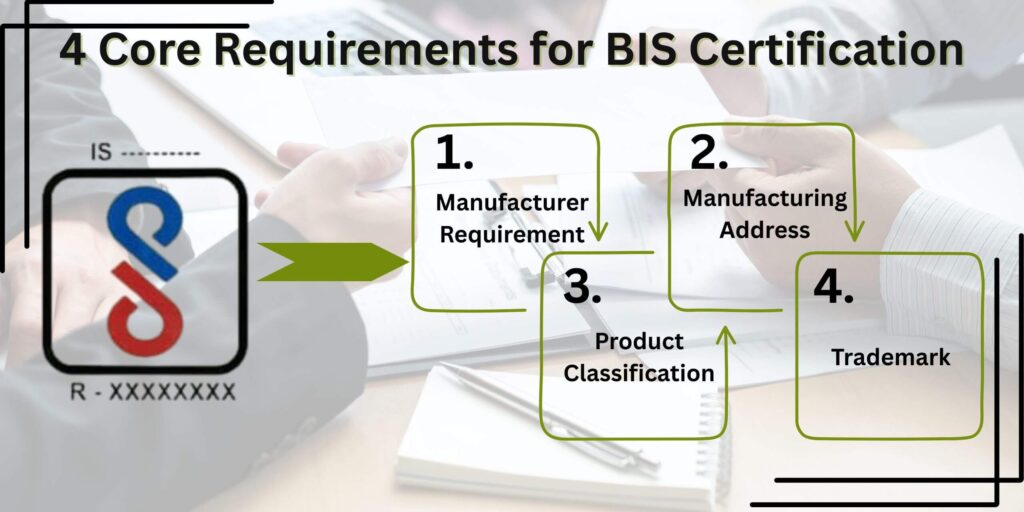
BIS certification needs four key things. Without them, no one can get an Indian BIS license:
- Manufacturer
The license goes to the manufacturer, not importers or sellers. Importers can help by applying as an Authorized Indian Representative (AIR). But, the license is always for the manufacturer. - Manufacturing Address
The factory address must be clear in the documents. If a manufacturer has more than one factory, each needs its own license. - Product
Each product type needs its own license. But, if models are similar, one license can cover them all. - Brand/Trademark
Every brand or trademark needs its own license. If a product is sold under different names, each name must be certified.
BIS Registration Procedure for BIS certification for Solar Panel

The BIS registration process varies by location. Here’s how it works for foreign manufacturers:
A) Process for Foreign Manufacturers
- Step 1: Nominate an AIR
Foreign manufacturers must choose an Authorized Indian Representative (AIR). This person will work with BIS authorities. - Step 2: Submit the Application
The manufacturer, through the AIR, must apply online on the BIS portal. - Step 3: Product Testing
Samples must be tested in a BIS-recognized lab. They must meet the Indian Standard (IS 14286:2010) for crystalline silicon PV modules. - Step 4: Submit Documents
The applicant must send the application and test report. This can be online or in hard copy. - Step 5: BIS Verification
BIS officials check all documents and reports. - Step 6: Get the License
If everything checks out, BIS gives the manufacturer a certification license.
Here’s a clean, professional rewrite for the section on Indian manufacturers. It keeps the same points but is clearer and more consistent:
B) BIS Registration Process for Indian Manufacturers
Indian manufacturers must follow BIS rules. They need to show their solar panels meet Indian safety and quality standards. Here’s how BIS certification works for them:
Registration on the BIS Portal
- The manufacturer must create an account on the official BIS CRS portal. They need to fill out the online application form for solar panel certification.
Product Testing at a BIS-Recognized Laboratory
- The manufacturer must prepare sample solar panels. They need to submit these to a BIS-approved testing lab. The lab will test the panels according to Indian Standards to check if they meet the requirements.
Uploading the Application and Test Report
- After getting the test report, the manufacturer must upload the results and the application on the BIS portal. They also need to send hard copies to BIS for final assessment.
BIS Document Review and Verification
- BIS officials will check all technical documents, test results, and manufacturing details. They will verify if the solar panels meet the required standards.
BIS License Issuance (R Number)
- After verification, BIS will give the registration license (R-number) to the manufacturer. This confirms they are approved under BIS CRS certification.
Which Solar Panels Need BIS Certification?
All crystalline silicon and thin-film photovoltaic modules need BIS certification. This includes mono, poly, bifacial, or flexible panels. Some brands think off-grid modules are exempt, but they must also be certified. There is no way to bypass this requirement.
“Every solar panel model, regardless of wattage or type, needs valid BIS certification.”
Benefits of BIS Certification for Solar Panels
Getting BIS certification has many benefits:
- It builds trust with EPC contractors, developers, and customers
- It protects you from customs rejections and legal problems
- It shows your brand meets Indian quality standards
- It lets you take part in government tenders and subsidy projects
A client in Gurugram said they got an ₹80-crore solar park contract because their panels had BIS certification. This shows how important it is for business growth.
Risks of Selling Non-BIS-Certified Solar Panels
Not getting BIS approval is risky. Customs, MNRE inspectors, and discoms must check BIS CRS numbers before clearing shipments or starting solar projects. If you sell non-certified panels:
- Your shipment can be seized
- You may face fines up to ₹5 lakh per violation
- You risk being banned from future tenders
Skipping BIS approval could cost you your entire investment in one action.
Costs and Timeline for BIS Certification
People often ask about the cost of BIS certification for solar panels. The cost varies. It depends on lab testing, documentation, factory inspections, and BIS fees. As per model for BIS CRS certification. The process usually takes 2–3 months, assuming no technical issues.
Expert Tips for Smooth BIS Registration
- Many clients face delays and extra costs because of mistakes in the BIS application process. At Diligence Certification, one of the top BIS consultants in India, we’ve learned a lot. Here’s what we suggest:
- Work with an experienced BIS consultant: The process is complex. A trusted BIS consultant like Diligence Certification can help you avoid mistakes.
- Check lab testing capacity early: BIS-recognized labs have limited slots. Book early to avoid delays.
- Keep product samples ready: Late or missing samples can ruin your certification plans.
- Understand your Indian Standards (IS) codes: For solar panels, IS 14286 is a must. Make sure your product meets all the standard’s clauses.
- Plan documentation thoroughly: Accurate details like manufacturing addresses and brand information are key for a smooth certification.
By following these steps, you can avoid weeks of trouble and get your BIS certification for solar panels efficiently.
Conclusion
Solar panels must obtain BIS certification to meet Indian standards. This is important both for markets in India and for foreign manufacturers. The BIS CRS certifications thereby assist in enabling India to be self-sufficient and ensuring Indian consumers receive quality products.
Everything, from where it is made to laboratory testing of the products, counts during the application process. Adhering to the BIS standards is a must for producers of crystalline silicon PV modules and their products. This would grant them entry into markets and, more importantly, gain the customer’s confidence in it. By implementing BIS practices, manufacturers will be at a competitive advantage in solar energy by complying with Indian Laws; thus, a market would be open for him.
Frequently Asked Questions
What is the BIS certification for solar panels?
BIS Certification for Solar Panels is a Government Approved Quality Certification. It certifies that a particular solar panel be it a solar cell, solar module or solar inverter conforms to the Indian Standards of Safety and Performance.
Are BIS CRS certifications considered compulsory for solar panels in India?
Yes, BIS CRS certifications are compulsory for solar panels, including solar cells and modules, as well as solar inverters, according to MNRE guidelines from 2019
Who can apply for solar panel approval with the BIS?
Only a manufacturer will apply for a BIS certification for solar panels . An importer can only assist as an Authorized Indian Representative (AIR), but the license is issued to the manufacturer
Can a single BIS license cover more than one model of solar panels?
Yes, a single BIS license can contain several models as long as they are in the same product category for solar panels.
Does every brand of solar panels require a BIS CRS certification?
Yes, every brand or trade name of solar panels requires its own BIS CRS certification.
How much time does the BIS certifying procedure take for solar panels?
The typical duration for the BIS CRS certification of solar panels is 4 to 8 weeks depending on the product testing and document verification.
Does solar panel manufacturing in India require a different license for each factory?
Yes, each manufacturing unit in the production and handling of solar panels must obtain its own license for BIS certification. This applies even if the manufacturer has more than one manufacturing unit.
How much time does the BIS certifying procedure take for solar panels?
The typical duration for the BIS CRS certification of solar panels is 4 to 8 weeks depending on the product testing and document verification.
Does solar panel manufacturing in India require a different license for each factory?
Yes, each manufacturing unit in the production and handling of solar panels must obtain its own license for BIS certification. This applies even if the manufacturer has more than one manufacturing unit.
Why is BIS certification for solar panels important?
BIS certification ensures that the solar panels are safe, reliable, and of high quality in India. It assures the consumers and fulfills the norms laid down by MNRE.






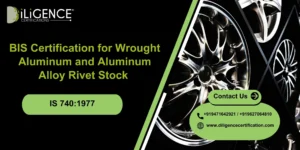

 BIS Certification
BIS Certification
 CDSCO
CDSCO
 CPCB
CPCB
 LMPC
LMPC
 WPC Approval
WPC Approval
 Global Approvals
Global Approvals
 TEC
TEC
 ARAI
ARAI
 BEE
BEE
 ISO Certification
ISO Certification
 DGCA Certification
DGCA Certification
 NOC For Steel
NOC For Steel



















 Business Registration
Business Registration















 Legal Services
Legal Services
 Trademark Registration
Trademark Registration
 Copyright Registration
Copyright Registration
 Patent Registration
Patent Registration













































